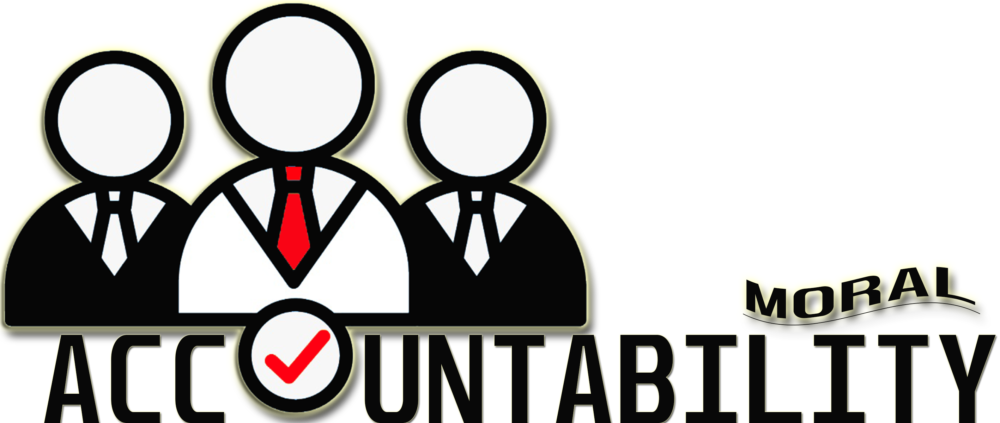The role of the CPA may not have changed so much over the decades, but the way in which CPAs tackle the recording of financial transactions, certainly has. With the help of machine learning, software and a whole host of other tools, modern CPAs have helped revolutionized the bookkeeping world. But bookkeeping is of course, about so much more than just the organizing of financial records.
In todays accounting landscape, CPAs use outsourced bookkeeping services as a powerful tool for helping them better navigate the increasingly complex financial environment. However, it’s still important that they understand the different types of bookkeeping and which ones are the most suitable for their clients, whether they outsource most of this function or not.
Here are some of the most common bookkeeping types along with who they are most suitable for:
Single entry
Ideal for businesses that are smaller in size with fewer transactions, or even startups, this type of bookkeeping involves every transaction being recorded via a single entry. But while it is simple and great for some small businesses, it lacks in financial data and doesn’t give detailed financial insights.
Double entry
A little more accurate and balanced, in this method of bookkeeping, every financial record is detailed twice. Helping to provide a detailed picture of a company’s overall health economically, it’s best suited for those businesses whose financial history is more complicated, and is also perfect for regulatory compliance.
Cash basis
A reasonably straightforward method of keeping a record of a company’s cash flow, it provides an easy record of all bills that have been paid, and all cash that’s received,
Cash-Basis Bookkeeping
Cash-basis bookkeeping is a relatively straightforward way of maintaining the organization’s cash flow record. While it gives a simple and easy-to-understand record of paid bills and cash when received, it might not be the best method of bookkeeping for bigger businesses with a lot of complicated transactions to keep in order.
Accrual basis
Best suited for business and tax purposes that are more complex, accrual basis bookkeeping records income in real time, giving businesses a more accurate picture of their financial position.
Hybrid
This system gives CPAs a lot of flexibility and opportunities for customization, thanks to the way in which it can be tailored for clients and their specific needs. east to integrate with accounting software already being used, offering detailed financial analysis and the efficient management of data.
What to consider when selecting a method of bookkeeping
CPAs must look at the following factors when assessing which type of bookkeeping would best suit the needs of their business clients:
- Business size – how big is the business and how complex are the financial transactions?
- Compliance and regulatory requirements – although not exactly common, some regions or industries may require businesses to use a certain type of bookkeeping for compliance and tax purposes.
- Scope of financial reporting required – in-depth financial insights might be required for some situations; in which case the choice of bookkeeping method should support that.
Choosing outsourced bookkeeping typically eliminates these kinds of questions, since the expertise of your chosen outsourced service provider will help them determine the most appropriate method for each client. However, as a CPA, it pays to have a sound understanding of each type of bookkeeping, so that you can be sure to give your clients the very best financial advice, support and guidance.

